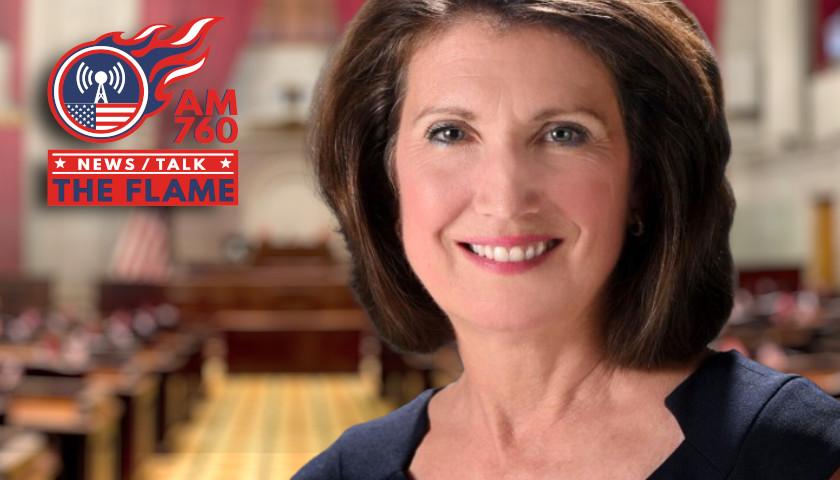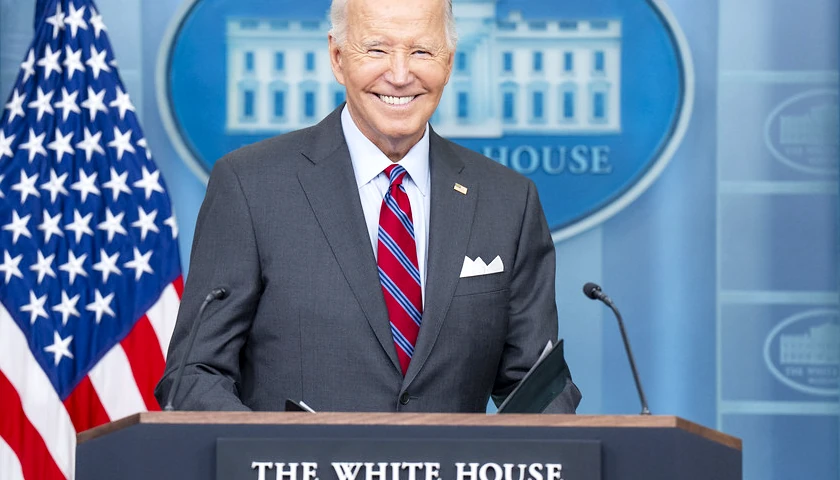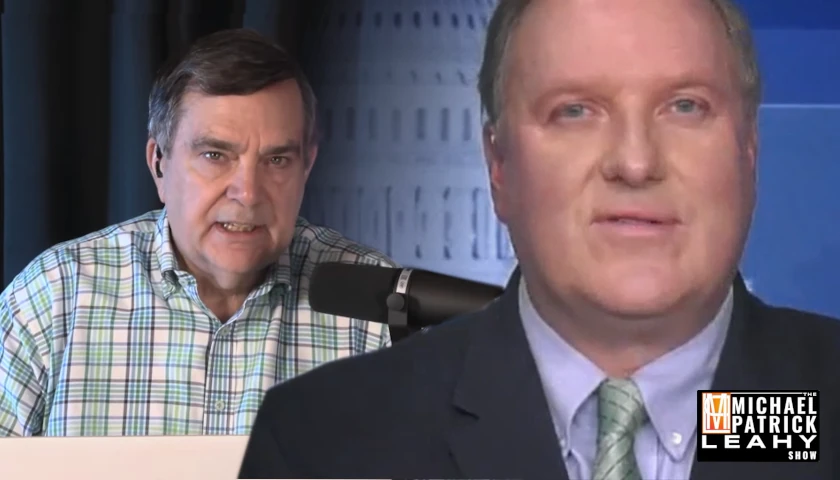Tennessee State Representative Susan Lynn (R-Mount Juliet) joined Monday’s edition of The Tennessee Star Report with Michael Patrick Leahy to discuss the General Assembly’s legislative session this year, specifically concerning its approach to Governor Bill Lee’s Education Freedom Scholarship Act.
Lee’s legislation would offer education savings accounts for students in all 95 counties in the Volunteer State.
If passed in its current form during this year’s legislative session, the bill would make 20,000 scholarships available for Tennessee students in the 2024-2025 school year while universal eligibility would be available to students in the 2025-2026 school year and beyond – prioritizing currently enrolled students, low-income, and public school students if the demand exceeds available funding.
However, as noted by Lynn during Monday’s interview, the text of Lee’s “vague” bill has yet to be revealed and comes at a time when the Tennessee Department of Finance and Administration reports that the state’s general fund revenues have underperformed through the first five months of the fiscal year.
“You know, we’re not having a great funding year right now and that’s a big worry when you’re someone who sits on the finance committee like I have,” Lynn explained. “So funding is an issue this year. If we do create a program, we have to be able to afford it. We have to be able to afford it, because we will not take money away from our public schools…That’s a hard position for [Lee], where he’s like, “no, it won’t take money away from our public schools at all.””
With last month’s $1.9 billion in revenue collections down from the projected $82.5 million, Tennessee has now collected $279.9 million less than budgeted through the first five months of the fiscal year.
Lynn said while she hopes the revenue “doesn’t impact” the General Assembly’s work in creating new or improving existing programs this legislative session, she’s been through “pretty rough budget years when programs have been impacted.”
“Things have been impacted like that. And you know Tennessee, thank God, it does have a very resilient tax structure. It’s just sometimes you just have to slow down the spending,” Lynn added.
Pivoting back to Lee’s Education Freedom Scholarship Act, Lynn addressed concerns that such a voucher program would not appeal to Tennessee families in rural areas that may not have alternative schools nearby to be able to use a voucher.
Lynn, who serves on the Board of Directors of the American Legislative Exchange Council, noted the rising popularity in microschools across the nation may be a solution in regards to being another route for parents seeking alternative education opportunities for their children.
“Here’s an interesting thing that I’ve learned from other states. You know, in Tennessee, we have a lot of rural areas, so there’s not a lot of options. Let’s say, if your child could even get a voucher, in a lot of our counties, they don’t even have any place to visit. But what has happened is – and you know, Tennessee’s not unique, other states are like that too – what has happened is that microschools are popping up. And that’s where maybe, like, two or three or four teachers get together and they form a microschool. And so, of course, they teach the curriculum, but oftentimes, the microschools have a special focus. You know, maybe it’s a rural area, and so their focus is farm or sort of an FFA type of program. Maybe their special focus is you know a STEM type of focus. It’s fascinating what innovation is happening in other states. And the schools are small. It’s less stressful, but the kids really seem to like it,” Lynn explained.
Lynn also noted that the creation of more microscools may ignite change from public schools in regards to persuading school administrators to be “more responsive to what maybe teachers hear from parents about.”
“I think that if there was competition, and I don’t know for sure, but it might make the administration more responsive to what maybe teachers hear from parents about…And you know, these teachers, these are highly educated people, most of them have master’s degrees, two master’s degrees, but yet they’re so often they’re told by their administration exactly what they’re going to do and how they’re going to do things. And there’s not a lot of freedom in that. So maybe it would help the teachers have that less regimented environment,” Lynn added.
– – –
Kaitlin Housler is a reporter at The Tennessee Star and The Star News Network. Follow Kaitlin on X / Twitter.
Photo “State Rep. Susan Lynn” by State Rep. Susan Lynn and “Tennessee House of Representative Chamber” by Tennessee General Assembly.




